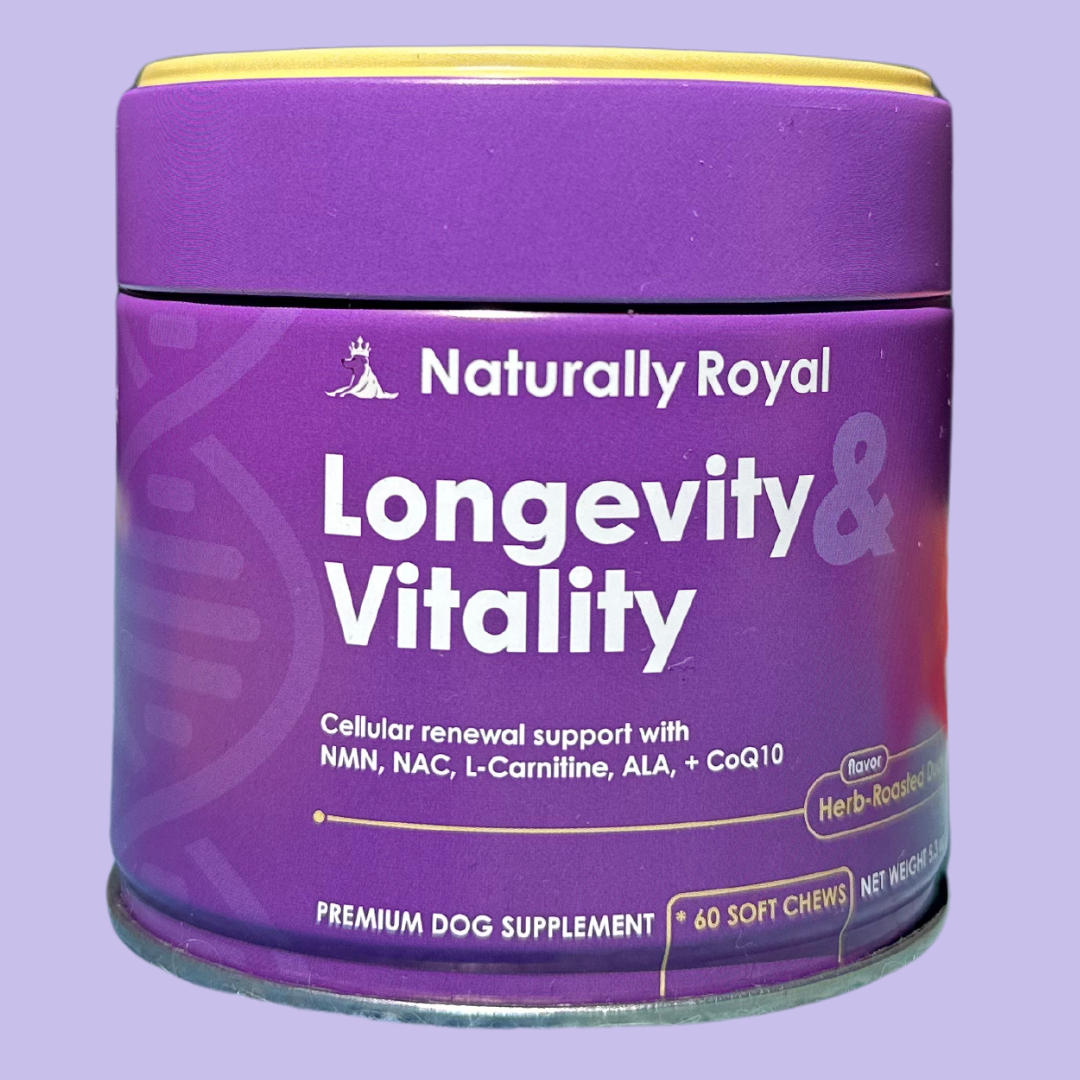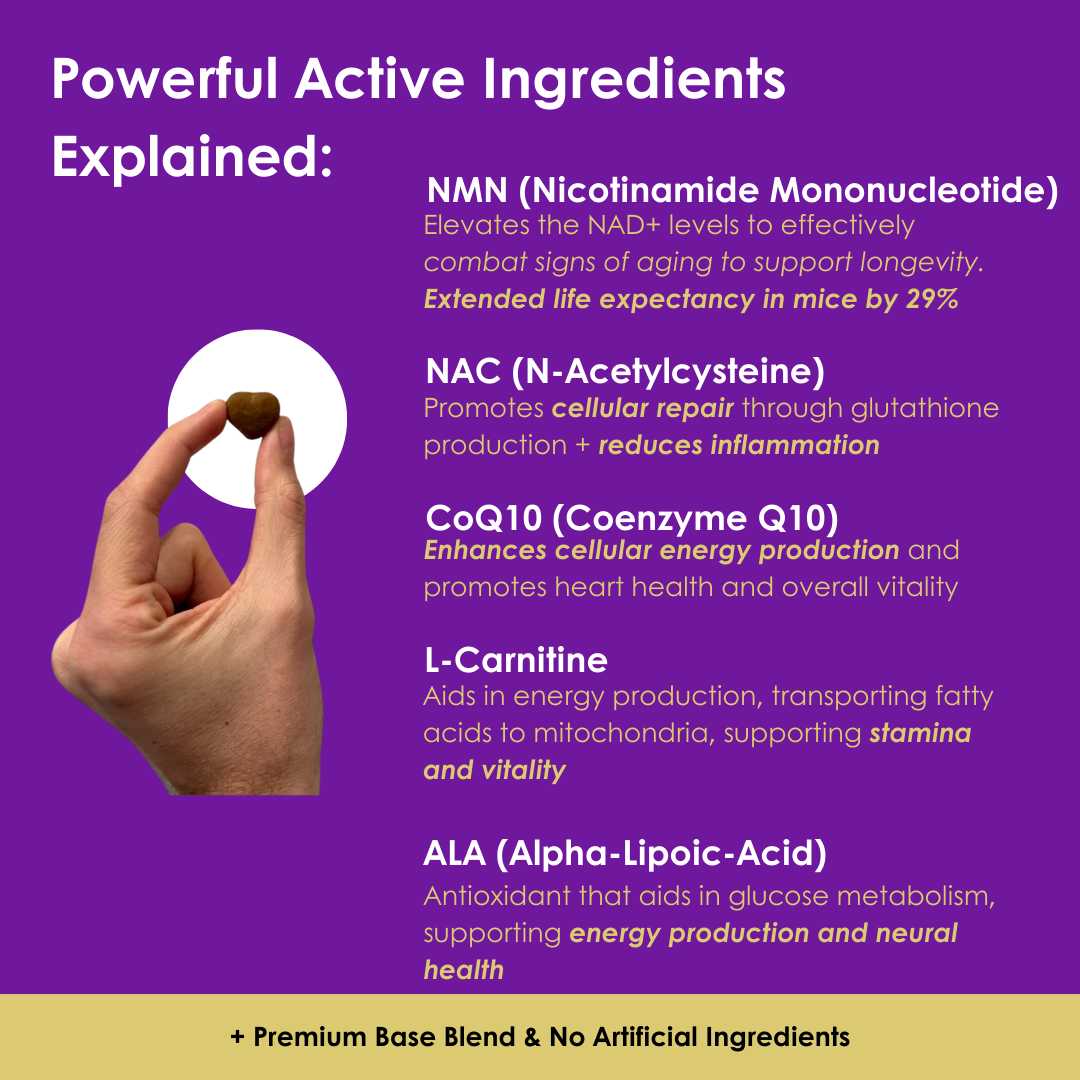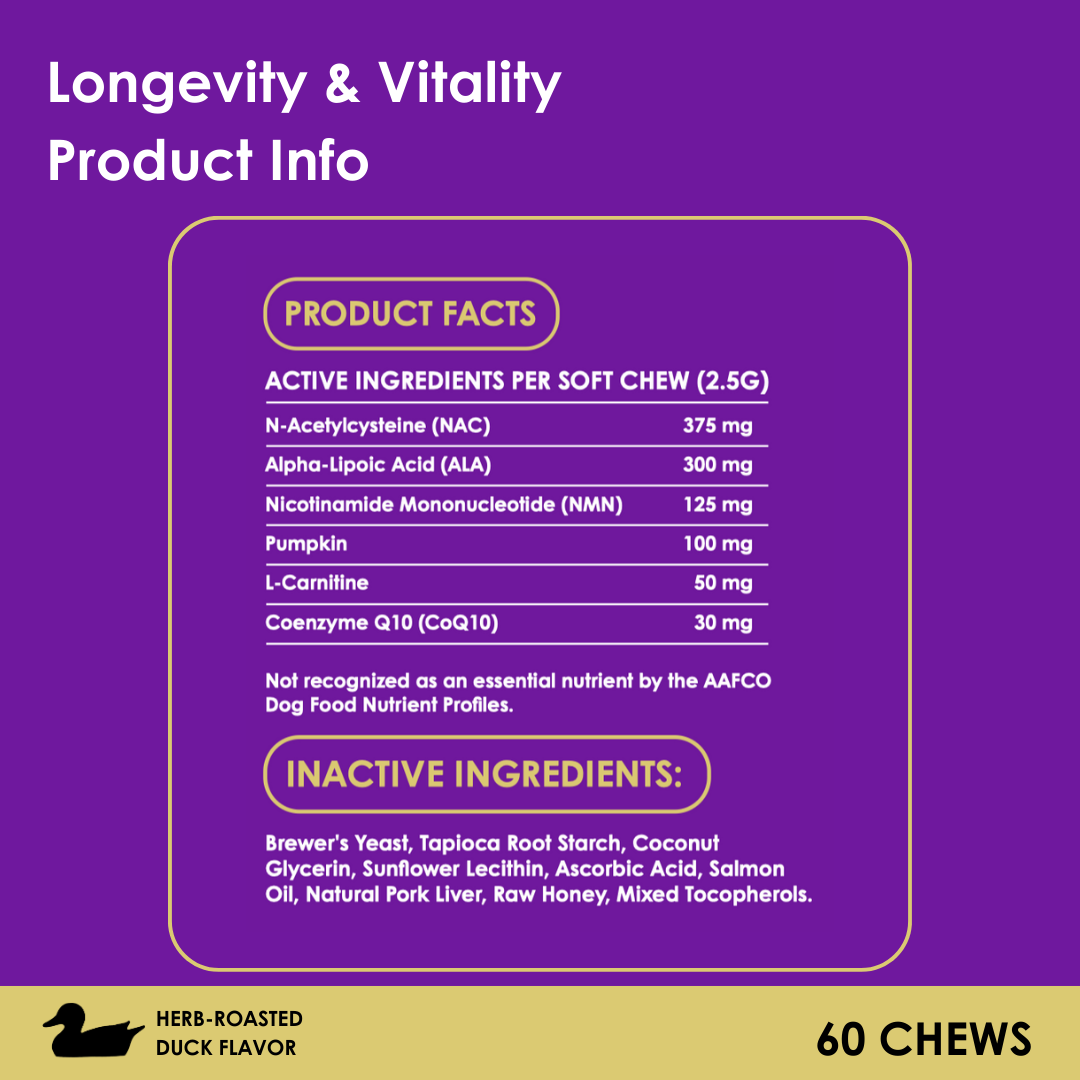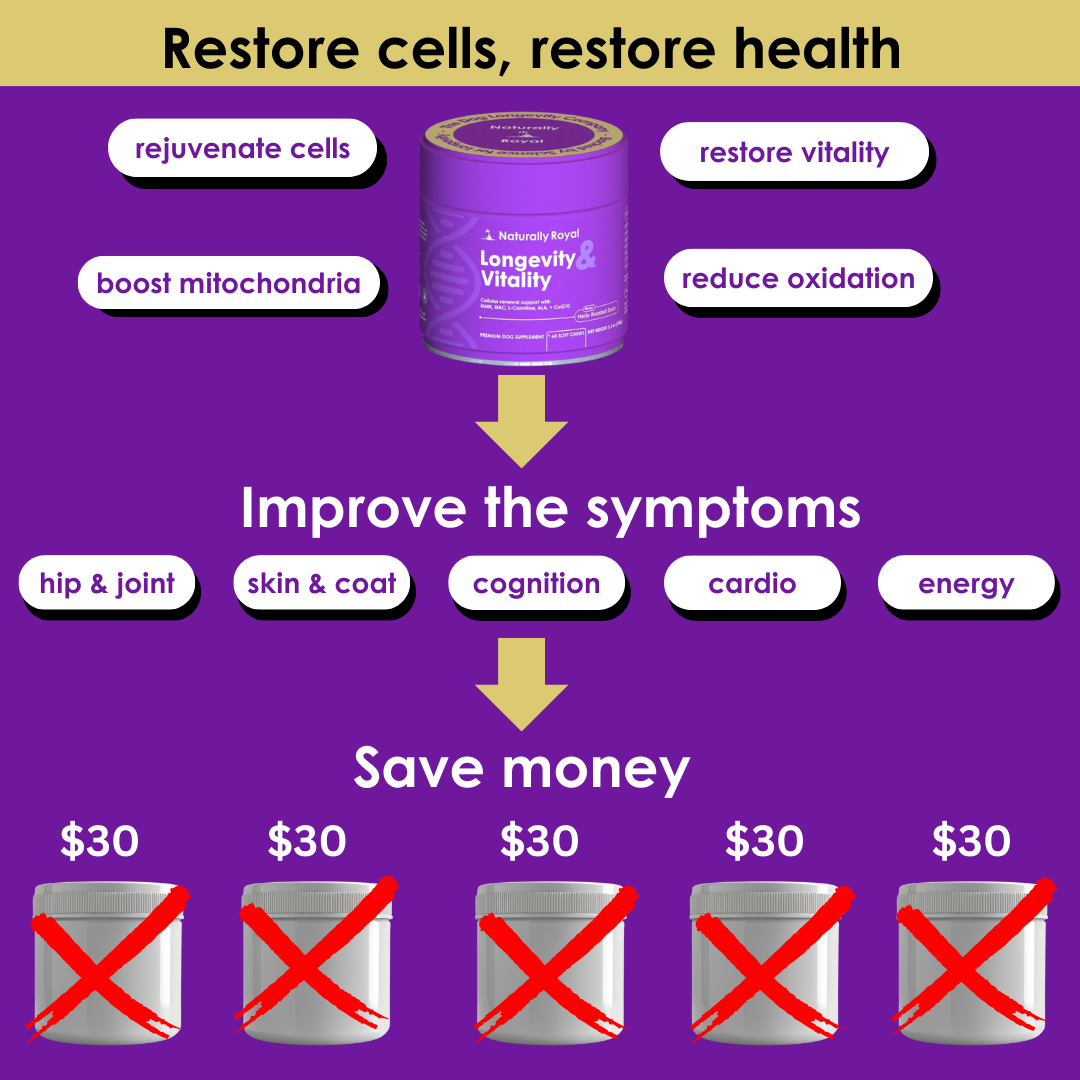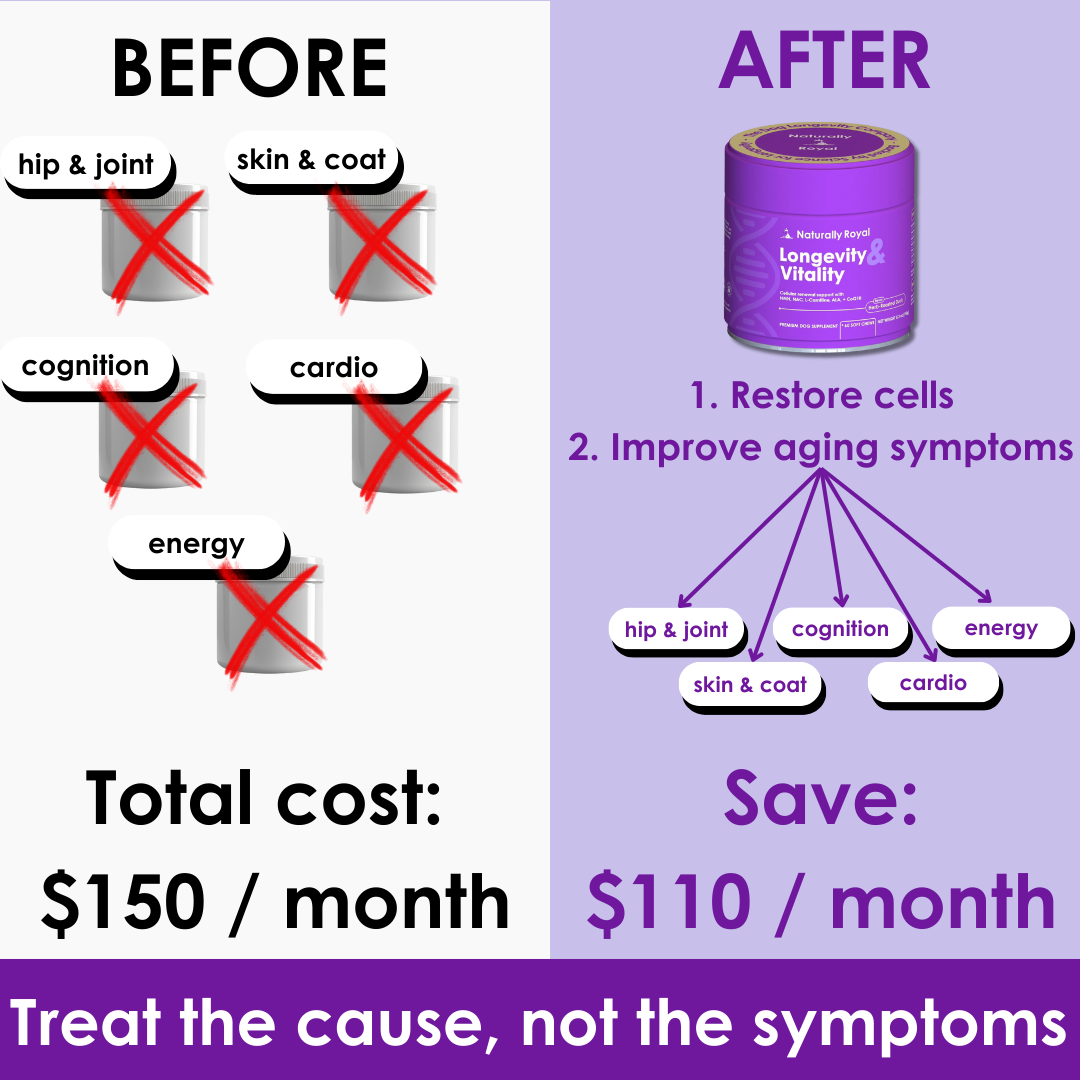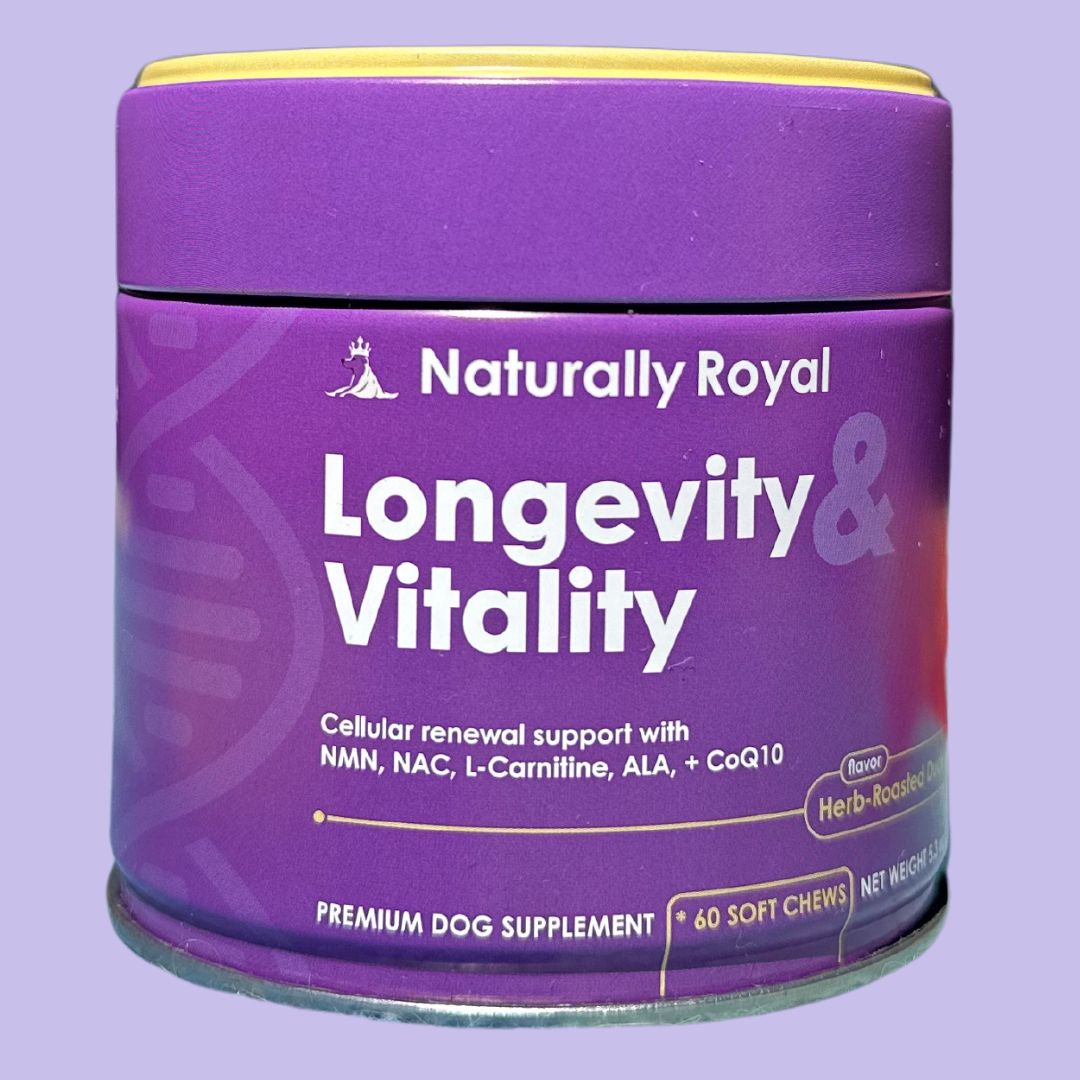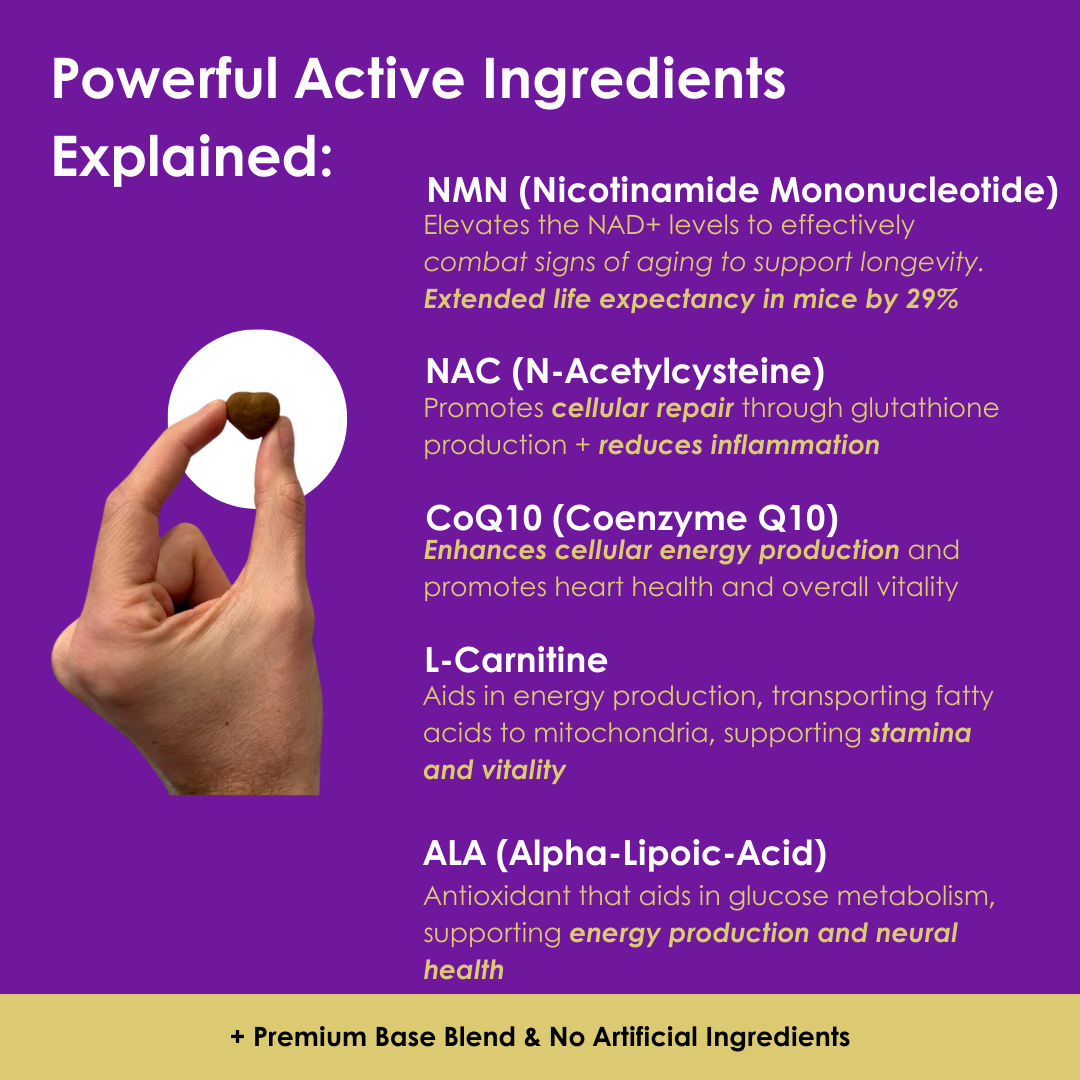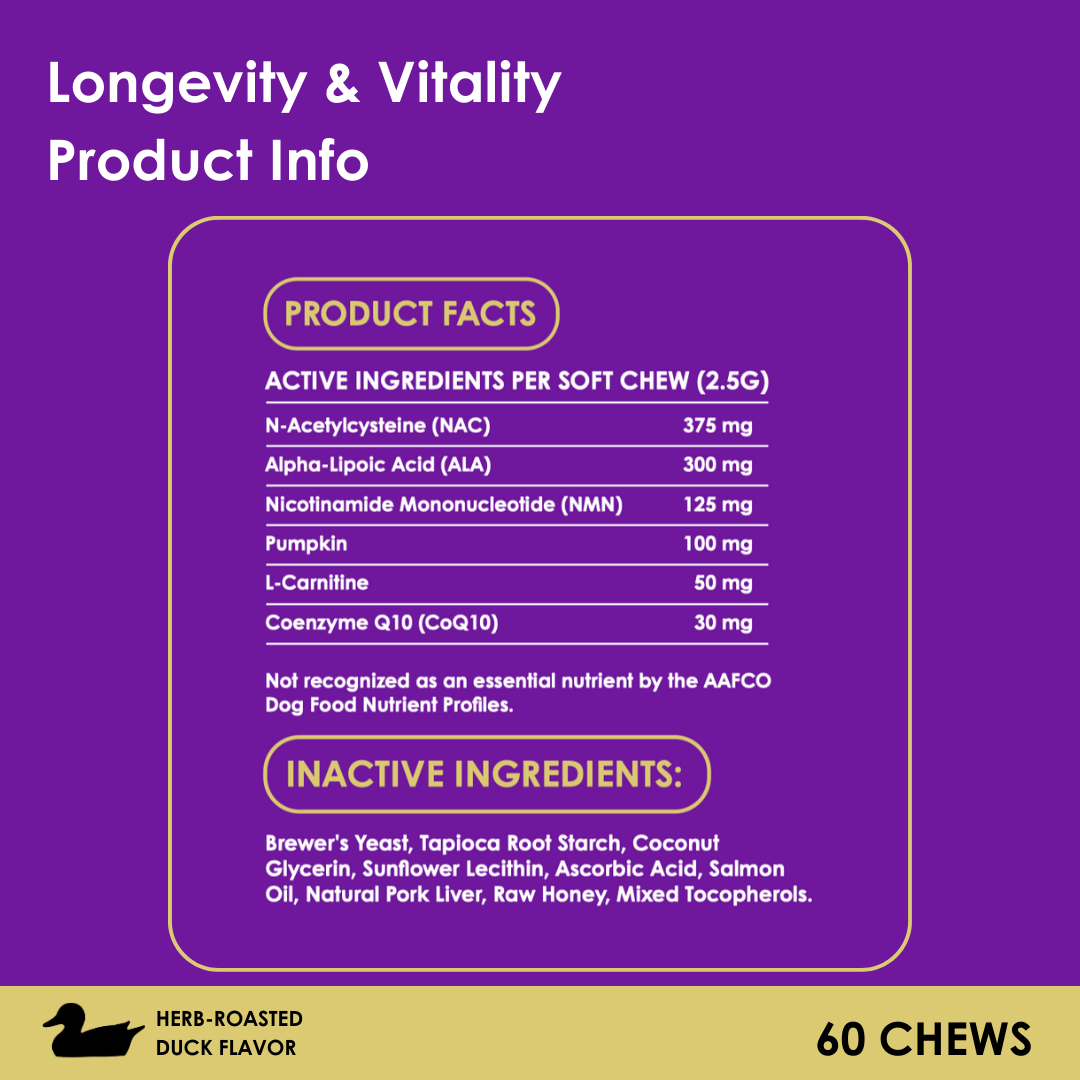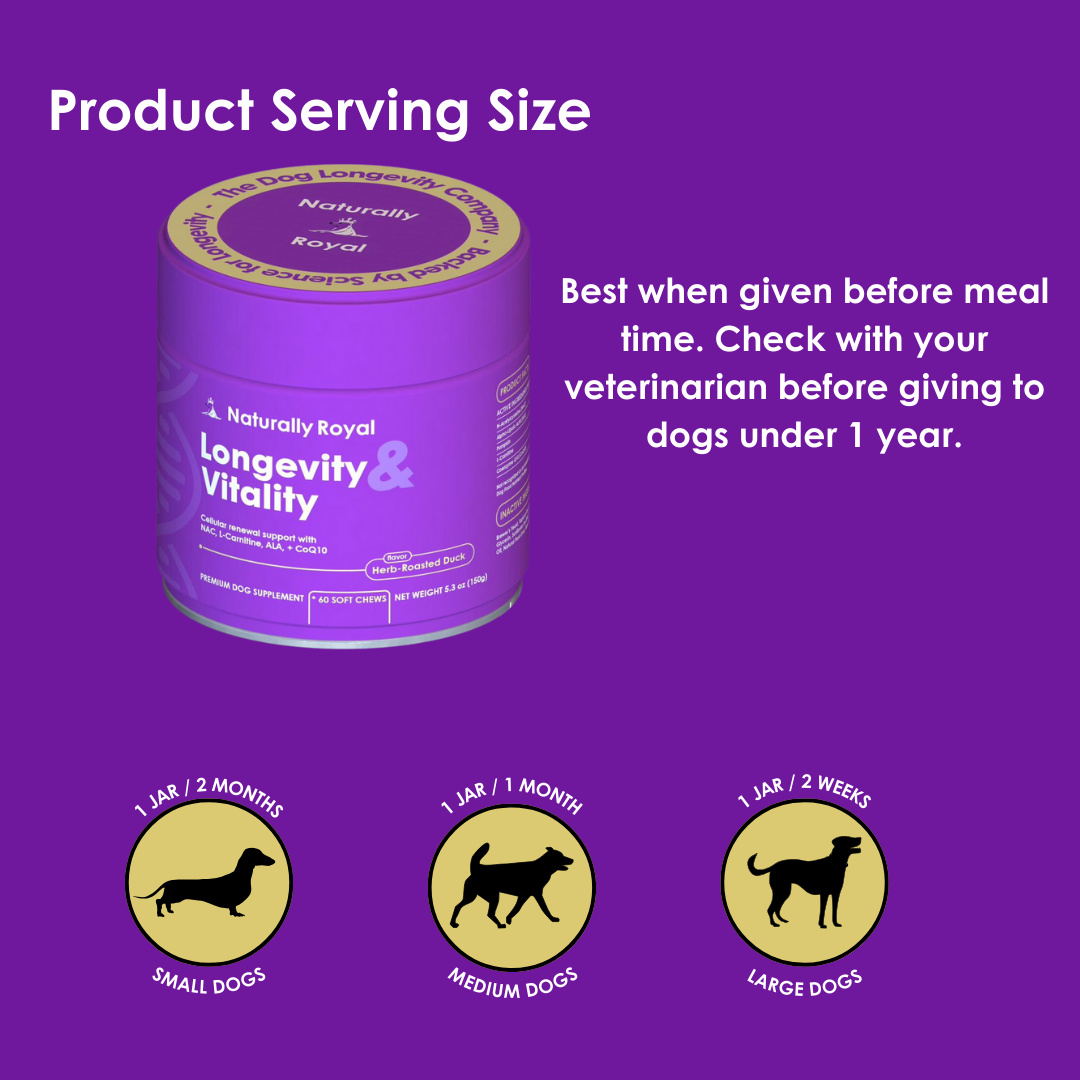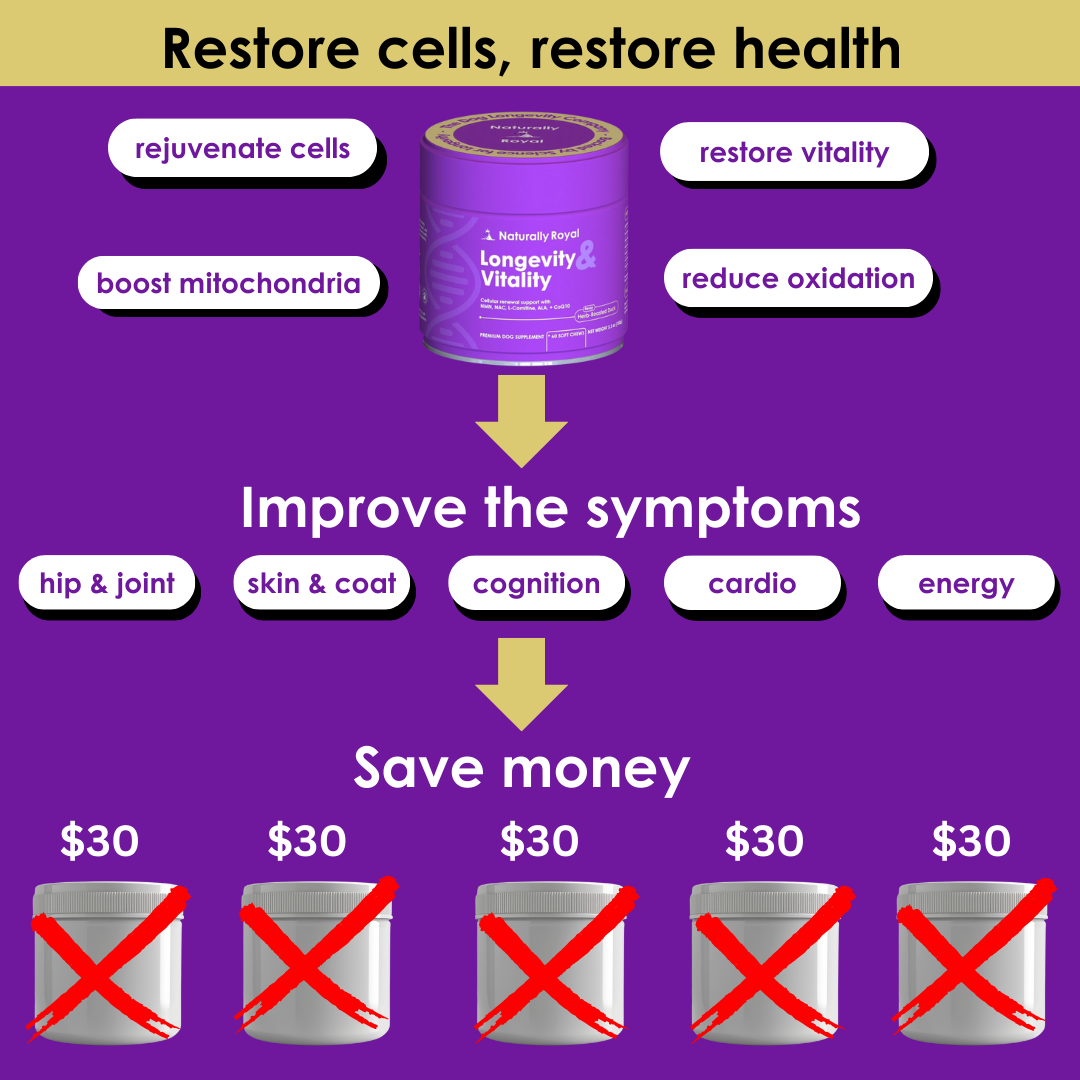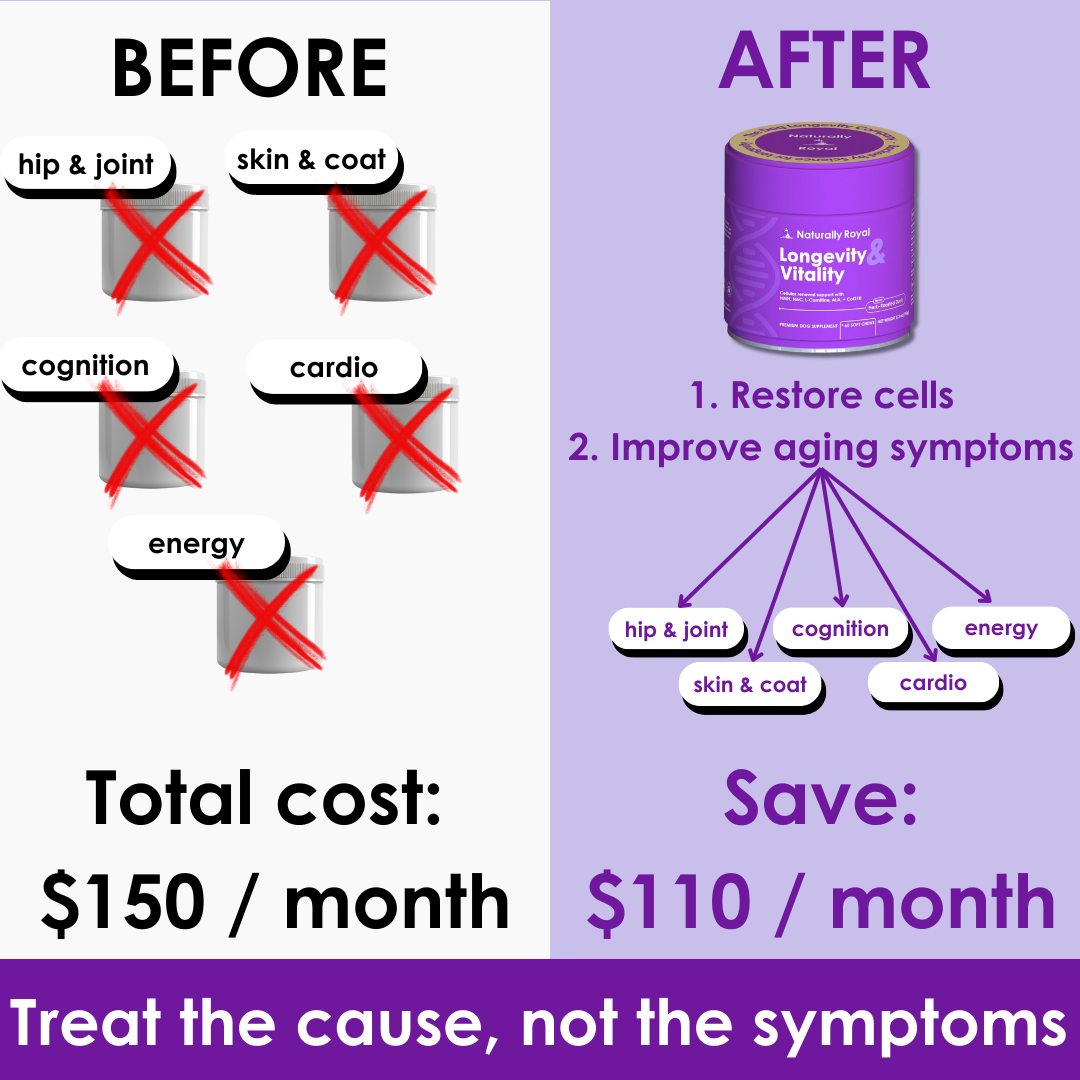The Top 5 Best Vegetables for Dogs
Incorporating vegetables into your dog’s diet can be a great way to provide essential nutrients that support their health and longevity. While dogs are primarily carnivores, adding certain vegetables to their diet can offer a range of benefits, including vitamins, minerals, antioxidants, and fiber. Here’s a look at the top five vegetables that are not only safe for dogs but also highly beneficial for their overall longevity:
1. Carrots
- Nutritional Benefits: Carrots are an excellent source of beta-carotene, which converts to vitamin A in the body. This vitamin is crucial for maintaining healthy eyesight, skin, and immune function. Carrots are also rich in fiber, which aids digestion.
- How to Serve: Carrots can be served raw, cooked, or even frozen as a crunchy treat. Make sure to cut them into bite-sized pieces to prevent choking.
2. Broccoli
- Nutritional Benefits: Broccoli is packed with vitamins C and K, along with high levels of fiber and antioxidants. These nutrients help boost the immune system, improve digestion, and may reduce inflammation.
- How to Serve: Broccoli should be given in moderation, as too much can cause digestive upset. It can be steamed or boiled, and served in small pieces.
3. Green Beans
- Nutritional Benefits: Green beans are low in calories but rich in vitamins A, C, and K, as well as fiber. They are a great option for dogs who need to maintain a healthy weight or are prone to obesity.
- How to Serve: Green beans can be served cooked (steamed or boiled) without any seasoning. They can be a great low-calorie snack or added to your dog’s regular meals.
4. Sweet Potatoes
- Nutritional Benefits: Sweet potatoes are a powerhouse of vitamins A, C, and B6, along with manganese and potassium. They are also high in dietary fiber, which supports digestive health.
- How to Serve: Sweet potatoes should be cooked (baked, boiled, or steamed) and served without any added sugars or spices. They can be mashed or cut into small pieces as a nutritious treat or meal addition.
5. Spinach
- Nutritional Benefits: Spinach is rich in iron, calcium, and vitamins A, C, and K. It’s also packed with antioxidants that can help reduce inflammation and support overall health.
- How to Serve: Spinach can be served lightly steamed or sautéed. However, it should be given in moderation due to its high oxalate content, which can interfere with calcium absorption in large amounts.
Conclusion
Including these vegetables in your dog’s diet can provide them with essential nutrients that contribute to their overall health and longevity. Always introduce new vegetables gradually and consult your veterinarian, especially if your dog has specific dietary needs or health conditions. By incorporating these nutritious veggies into your dog's meals, you’re supporting their overall health and contributing significantly to their longevity.


